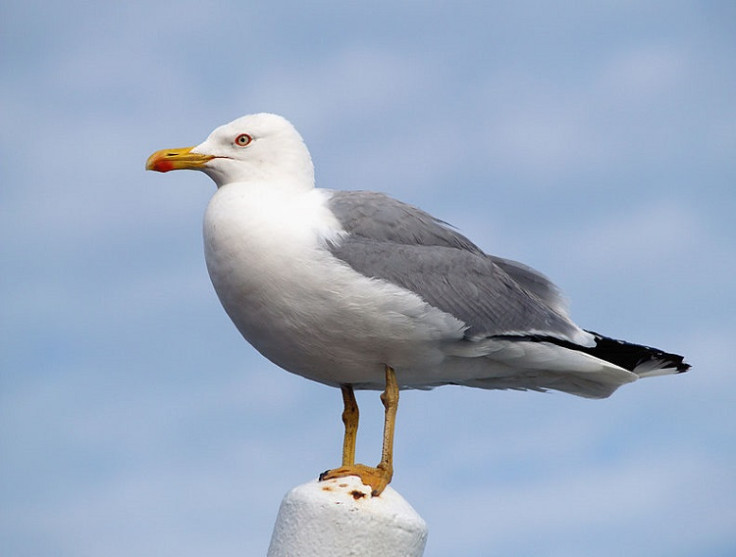Winter Storms Leave Trail of Thousands of Dead Seabirds on UK and French Coasts

At least 28,000 seabirds have been killed over the Atlantic "on a scale unprecedented in living memory" in the winter storms, new figures have revealed.
The RSPB said more than 1,000 dead seabirds were found along the coasts of Cornwall, Devon and Dorset during February.
Six hundred were found in Wales and more than 1,000 were recorded in the Channel Islands.
According to RSPB's partner organisation Ligue pour la Protection des Oiseaux, some 21,567 birds were washed up along the coast of southwest France and more than 200 dead seabirds were recorded on northern Spanish beaches.
More than 20 species were identified. The major casualties were auks (guillemots, razorbills and puffins) with smaller numbers of kittiwakes, gannets, fulmars, gulls and shags found. Most birds were found to be underweight and starving.
The death toll is expected to rise further as more regional reports are collated.
Dr Euan Dunn, RSPB principal marine adviser, said: "This seabird wreck, on a scale unprecedented in living memory, could have profound impacts on vulnerable seabird breeding colonies, including the Channel Islands and the Isles of Scilly, where puffins have a fragile toehold, and on Lundy, where puffins are starting to recover from near extinction."
Puffins fared the worst in the recent storms. More than 30 were found around the British coastline, 97 in the Channel Islands and 14,455 on beaches in France.
"Following hot on the heels of last year's seabird wreck in the North Sea in which several thousand puffins died, we have genuine fears that increasing storminess associated with climate change will undermine our internationally important seabird populations," Dunn said.
"Many of our seabirds are already under pressure because their staple summer diet of sand eels is in decline in response to sea warming - another result of climate change - which is making it a struggle to find enough food for themselves and their chicks. Sea warming, along with winter storms, which make it hard for birds to find fish in continually turbulent seas, are inflicting a double whammy."
Roland Gauvain, Alderney Wildlife Trust manager, who has helped coordinate the response across the Channel Islands, said: "Over the last three weeks we have seen more seabirds dead on our shores than we would expect in five to 10 years. We know (from finding ringed birds) that birds washed up here belong to breeding populations from Wales to Scotland and beyond.
"The scale and suddenness of this disaster, coming as it did in the midst of the seemingly endless storms, dramatically reinforces the dangers our wildlife faces from climatic events which seem likely to become increasingly common. Here on Alderney, and within the Channel Islands as a whole, we are witnessing greater and greater pressures, from climate and human interaction, on some of our most charismatic wildlife. The global threat of climate change has increasingly local impacts, something very apparent to those of us live on small islands."
© Copyright IBTimes 2025. All rights reserved.






















